Angie's List and NextDoor's Favorite: 2017 -2024
This is a subtitle for your new post
You received a Leak Alert. What do you do next? There are a few steps you can take before calling a plumber.
1. VERIFY THE WATER IS FLOWING WHEN IT SHOULDN'T BE
Turn off all of your faucets both outside and inside the house, and make sure you are not running any appliances that use water (dishwashers, washing machines, ice makers, pool fillers, etc.). Now check the dial on your water meter. If the numbers on, if the dial is moving or if the water meter has a leak indicator and it is spinning, you have a leak.
2. VISUALLY WALK THE PROPERTY AND LOOK FOR OBVIOUS LEAKS
The next step is to locate the source and approximate location of the leak. Visually inspect your home and property for obvious signs of a leak such as wet spots, very green patches of grass or wet brick or foundation. Inside the home, check for dripping faucets, puddles near appliances that use water (refrigerators with ice makers, washing machines, hot water heaters, water softeners, etc.), wet spots on a ceiling or wall, etc. Outside your home check pools of standing water where there shouldn’t be any water, unusually soft or soggy spots in the ground, patches of lawn that are deeper green than surrounding areas, etc.
3. LISTEN FOR LEAKS
Some leaks take place out of sight, for example, by flowing into drains, behind walls and underground. Carefully listen to your water pipes, appliances and even your toilet tank. If you hear a faint hissing sound, you may have found a leak. Keep in mind that you may have more than one leak, so be sure to inspect as many potential leak sources as you can. Leaks can normally be located one at a time using geophones or audible equipment for leak location.
4. SMELL A LEAK?
Use your sense of smell. Leaks are a common cause of mold growth around the edges of bathtubs, under kitchen sinks, in walls and subflooring and other out-of-the-way places that make them difficult to see but easy to smell. If you smell that musty smell, you smelled a leak.
When it comes to narrowing down possible causes for your water leak, your water company's app may be able help. You can see the flow rate or the amount of water loss per hour. Smaller water leak amounts of about 0.1 to 5 gallons (0.4 to 19 liters) per hour can usually be attributed to dripping indoor or outdoor faucets. Medium water leak amounts of between 5 and up to 20 gallons (19 to 75 liters) per hour could be a leaky toilet or a leaking connection between a water pipe and an appliance. Medium-sized water leaks could also be the result of a running faucet. Still larger leak amounts of 20 or more gallons (75 liters) per hour might indicate a problem with an irrigation system or aging, galvanized water pipes. You could have a leak at the meter or you may have a slab leak. Remember, these are merely possibilities intended to help you narrow down potential causes.
Common sources of leaks in a household include but are not limited to:
- Water faucets–leaky faucets can be caused by worn gaskets, bad cartridges or a common cause is corrosion from hard water and scale build up.
- Water hoses–Rubber hoses can crack as they age. Continued exposure to tough Texas elements can damage hoses and the plastic tubing of drip irrigation systems. Washing machine hoses are another potential source of significant water loss and if they burst you can have significant property damage.
- Toilets–There are a number of ways that toilets can leak. For example, when the tank doesn’t fill completely, water will run continuously. A bad fill valve or flush valve can cause the toilet to run as well. Slow leaks sometimes develop between the tank and the bowl, between the water supply fitting to the toilet or when flappers are no longer seated correctly. A flapper is the device at the bottom of the tank that prevents water from flowing into the bowl until the toilet is flushed. If your toilet is leaking at its base, it could be because its bolts aren’t fully tightened or because the seal between its base and floor has been damaged from a sewer back up.
- Broken irrigation lines and water pipes–Sprinkler and Irrigation system pipes can become damaged by the constant movement caused by our dry and arid climate followed by rain going back to dry again. The cracks you see in the ground put pressure on the water lines and pipes in the ground. Freezing weather followed by heat spells can burst or damage pipes above or below ground, causing significant water loss and property damage. Likewise, tree roots and debris will also clog and break both sewer and water pipes.
For these and other reasons, it is important to fix water leaks as quickly as possible. No one wants a $1000 water bill! Don't trust your water leak to just any 'Chuck in a Truck'. Trust the professionals at Duncan Plumbing. We have years of experience detecting, diagnoing and repairing water leaks, including slab leaks and leaks you can't see under ground. We are stocked with the latest in leak detection technology and employ the wisest plumbers who have the experience you need when it comes to preserving and protecting your home.
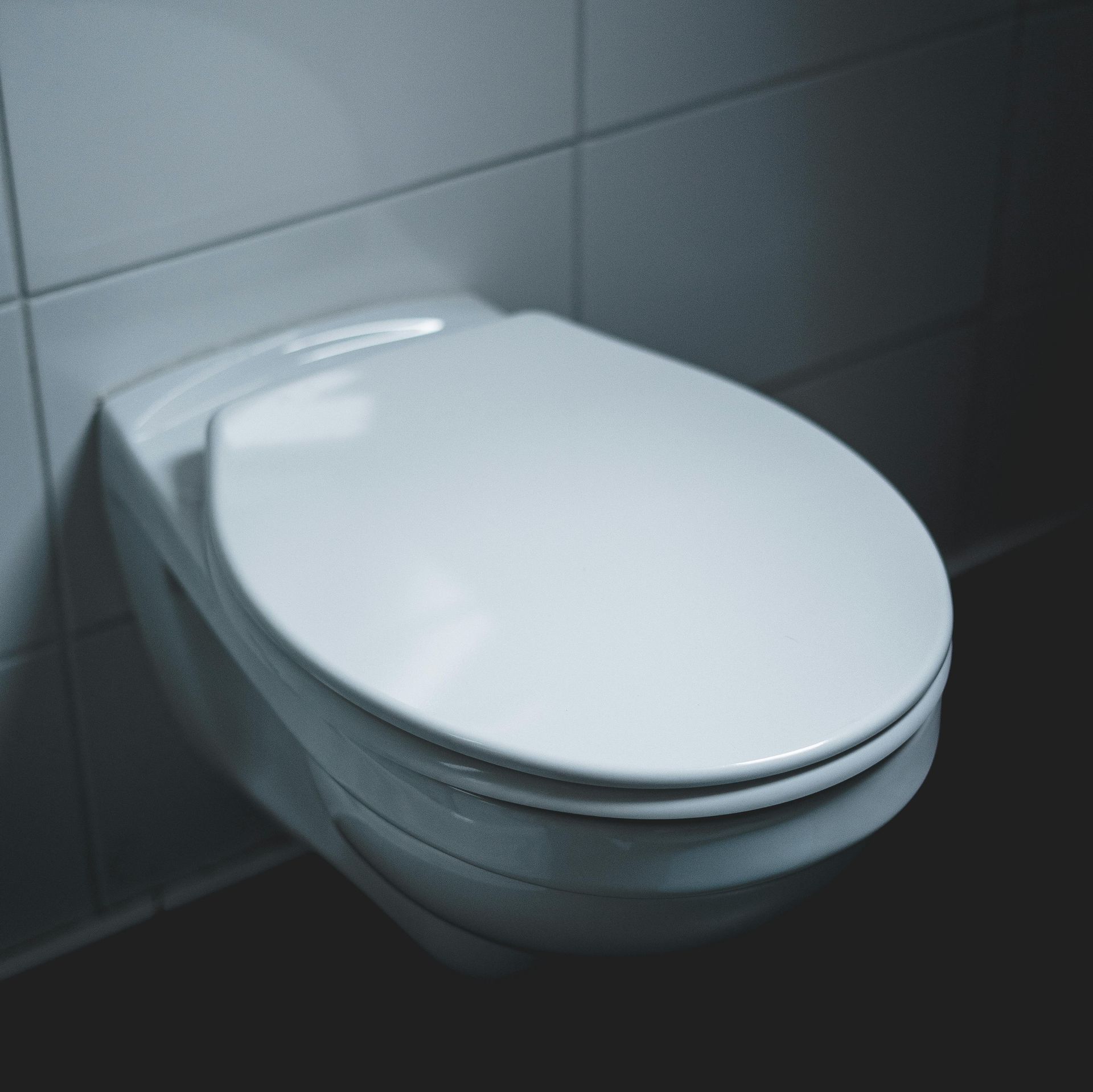
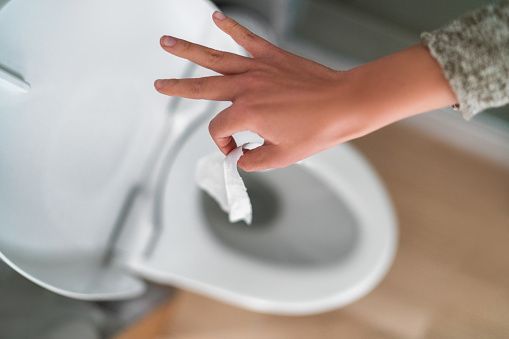
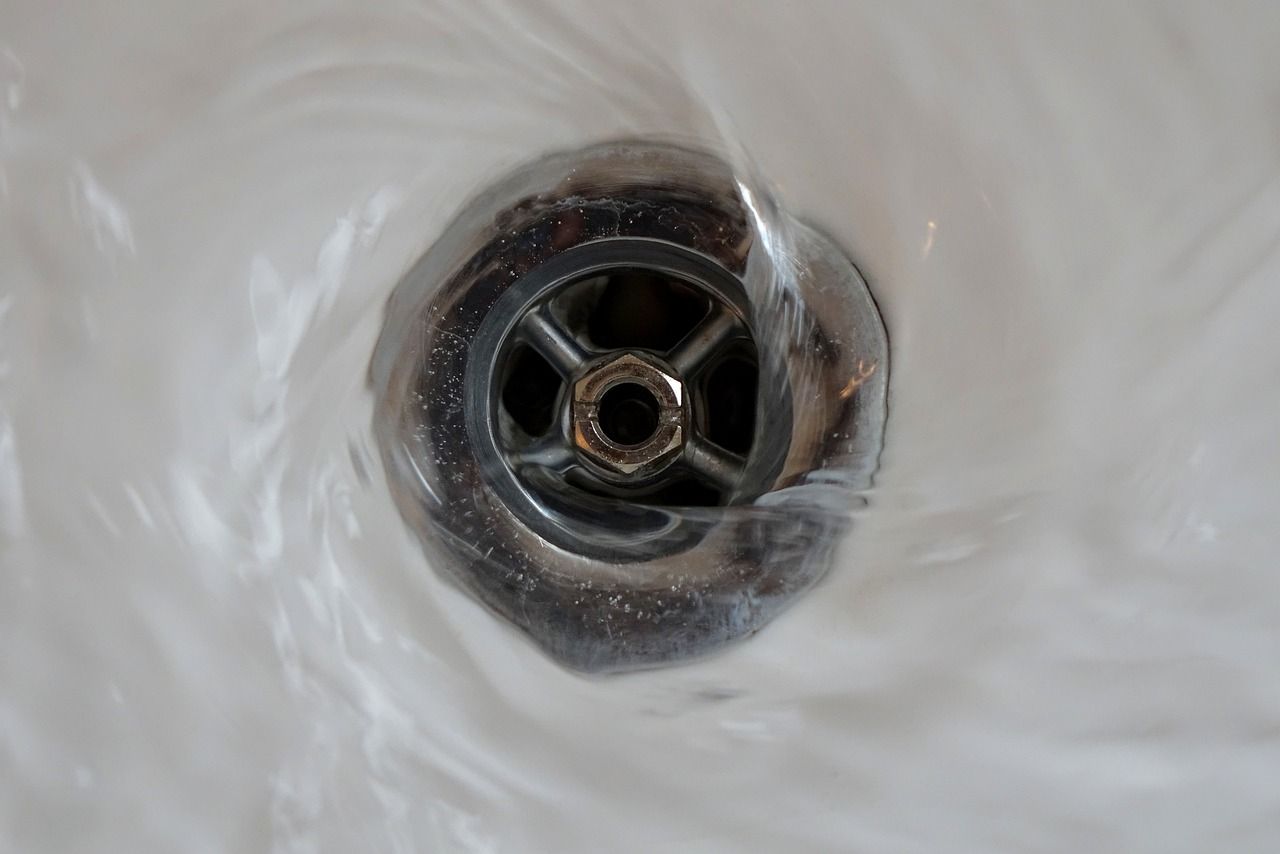

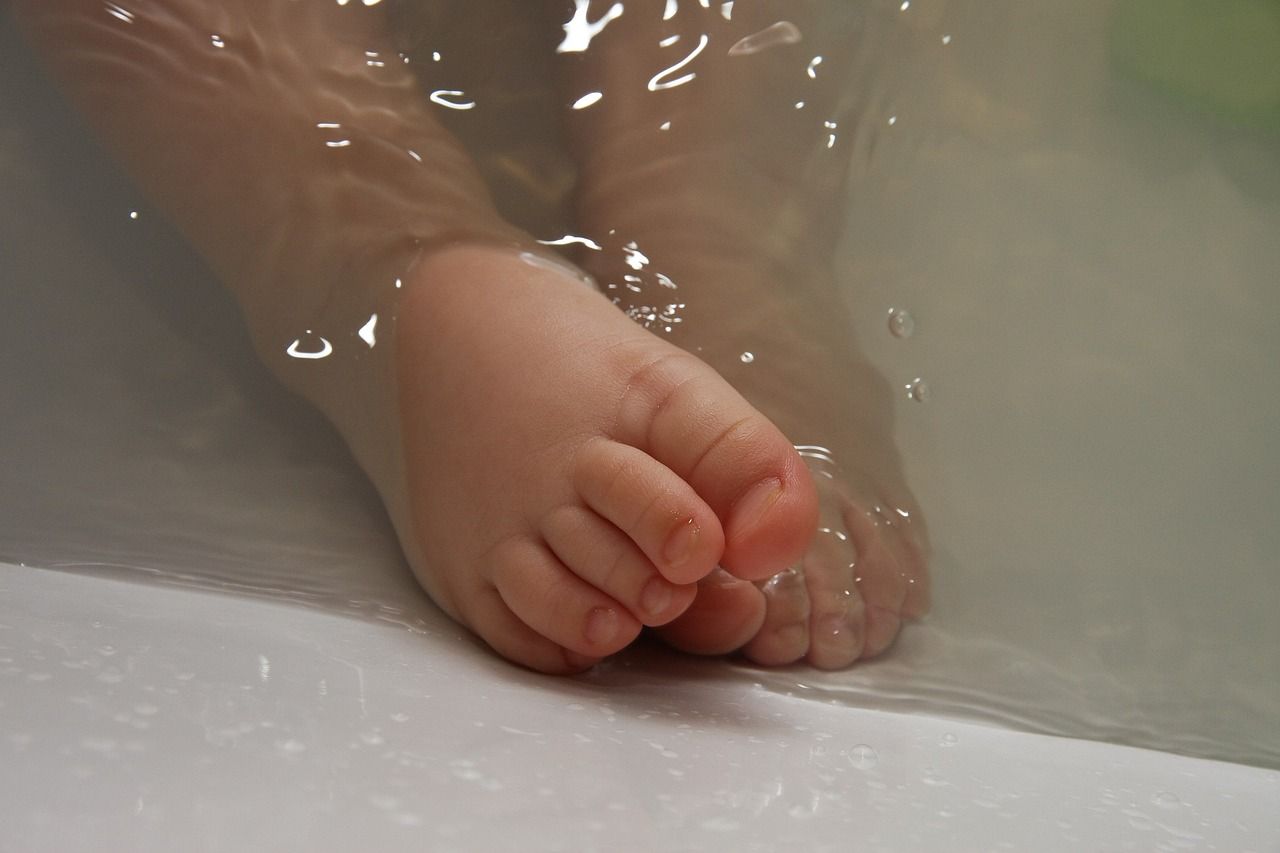

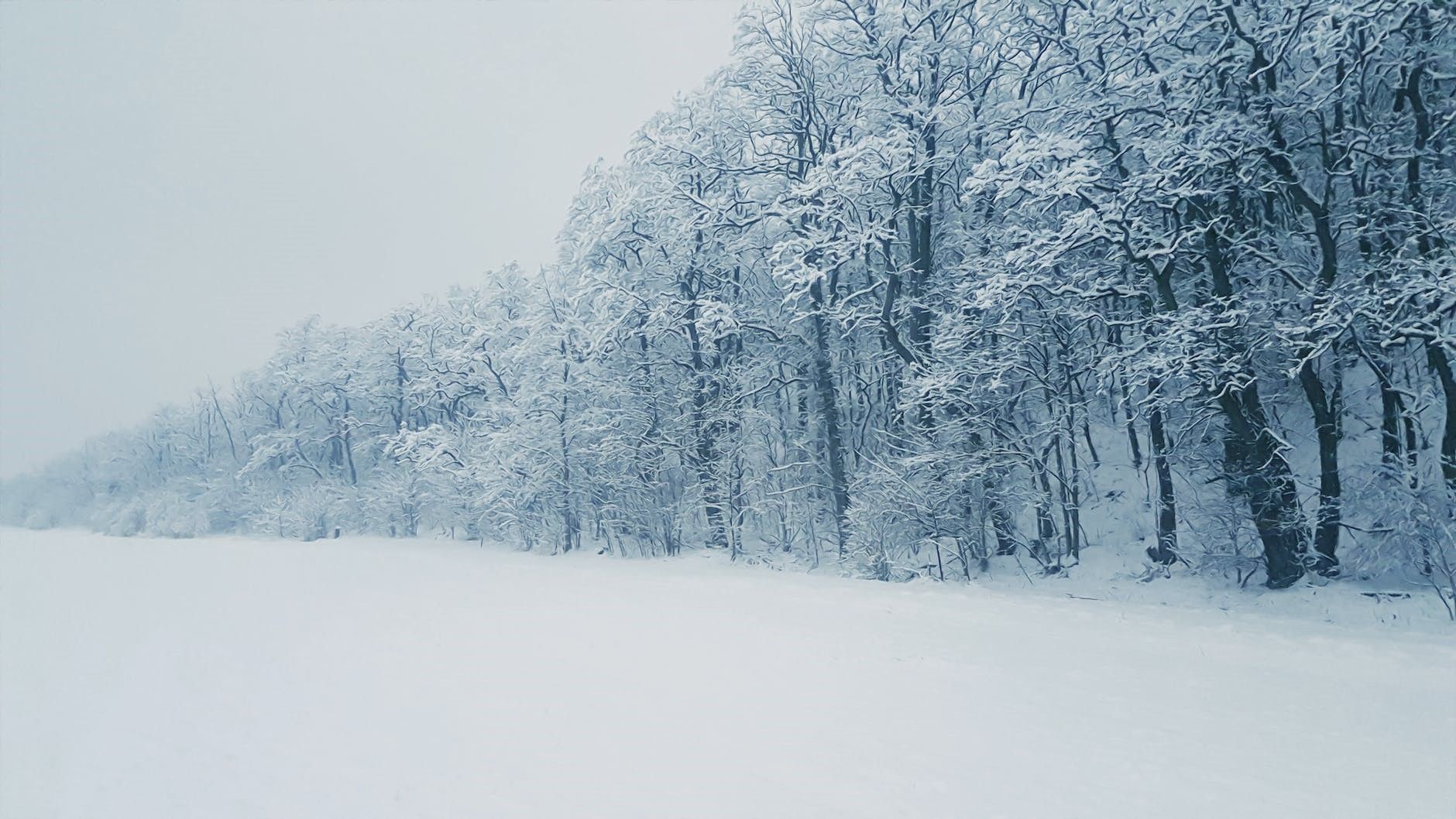
SERVING
and Surrounding Areas

HOURS
Hours:

CONTACT US
Master License # M-39624
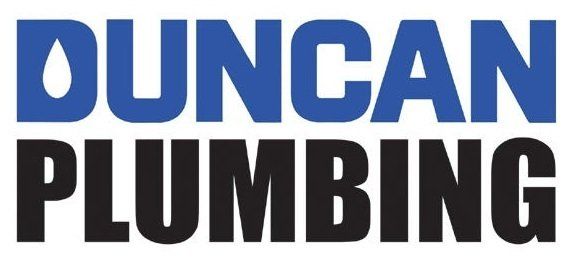






















Share On: